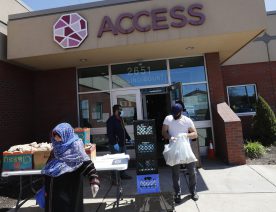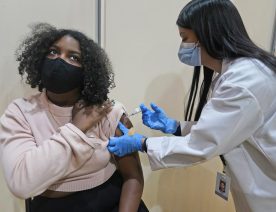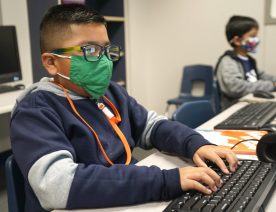
June 18, 2021
Many Americans have started to relax their personal pandemic precautions at least some of the time and participate in some everyday activities again.
Overall, 39% are satisfied with the speed in which local restrictions to prevent the spread of the coronavirus have been rescinded. Nearly as many, 34%, are concerned that the restrictions have been lifted too quickly, while 27% feel things haven’t been relaxed soon enough. But people in urban areas are much more likely to say restrictions have been lifted too quickly than those in the suburbs or rural areas. Democrats are also more likely to regard the restrictions as having been rescinded too quickly compared with Republicans.
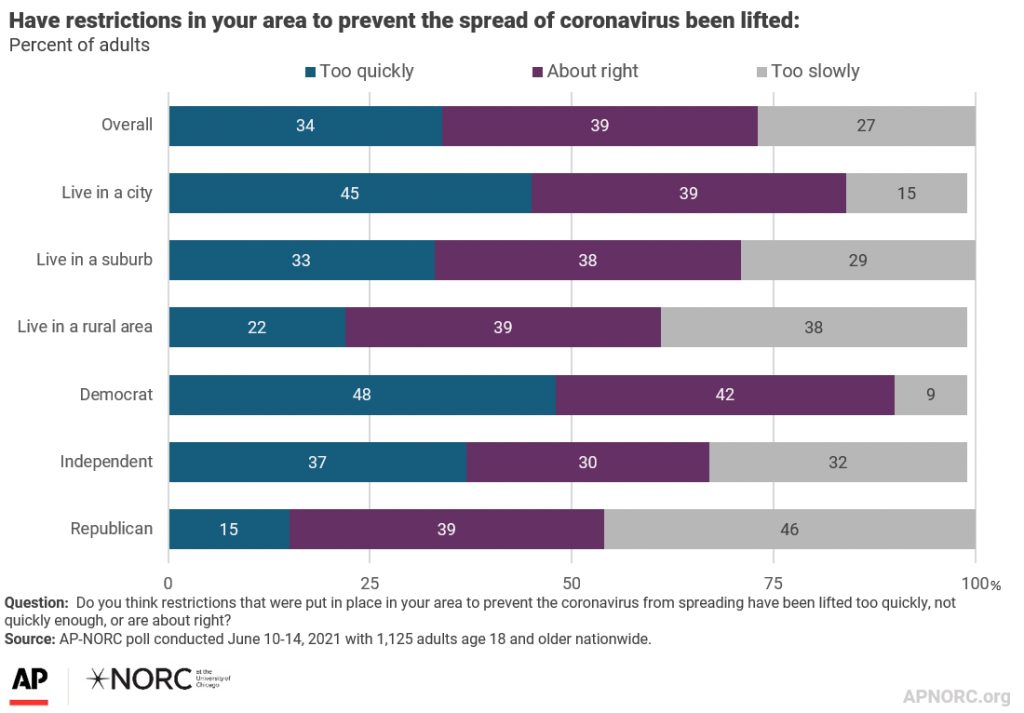
At this point in the pandemic, just a quarter of Americans are very concerned that lifting restrictions will lead to increased rates of infection in their area, though 34% are somewhat concerned. Forty-one percent are not very or not at all concerned that rescinding local restrictions will cause more infections. In May 2020, 54% were seriously concerned that lifting restrictions would lead to more people getting sick.
Even as the Centers for Disease Control and Prevention (CDC) has relaxed guidelines regarding the wearing of masks, Americans continue to report high levels of mask wearing and social distancing. Vaccinated people are more likely to take these precautions against the coronavirus than those who are not vaccinated.
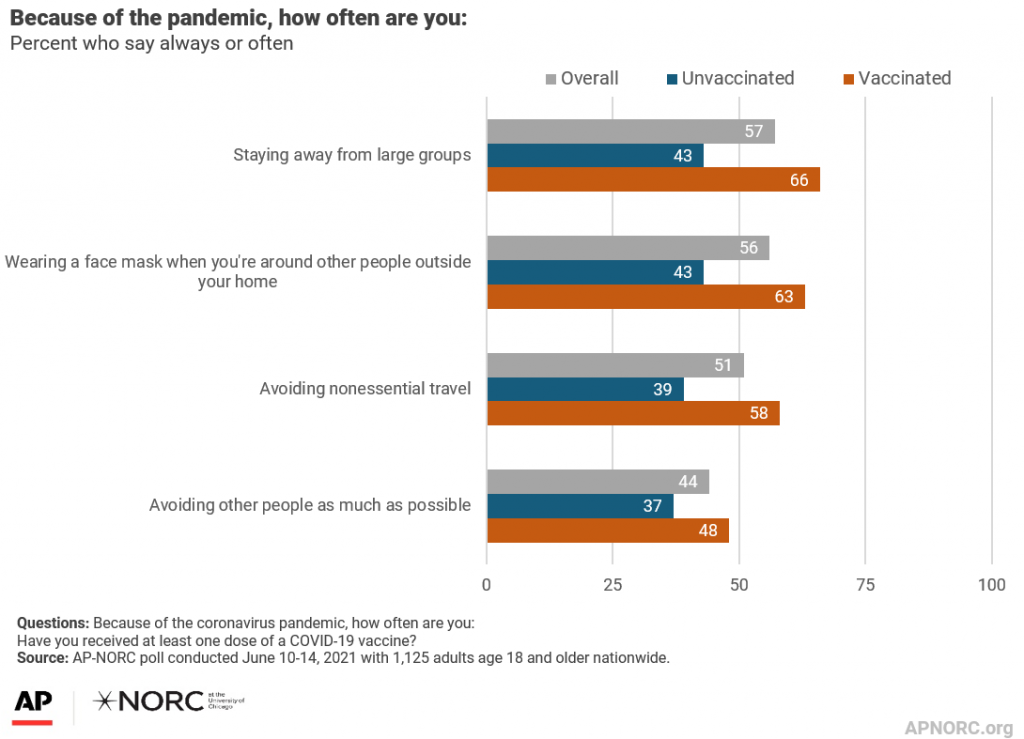
Asked specifically about masking behavior indoors versus outdoors, 40% are very or extremely likely to wear a mask while participating in indoor activities, but only 28% say they are likely to wear a mask outdoors.
As restrictions are being lifted, reconnecting with friends and family, shopping for fun, and going out to eat are at the top of many people’s agenda.
Much of people’s post shutdown plans depend on what they did before the outbreak. Overall, 34% say they expect to attend in-person religious services in the next few weeks. But among people who attended services at least once a month before the coronavirus outbreak, 73% say they will return to their church, synagogue, or mosque.
But people remain leery about public transportation. Only 44% of people who used to use public transportation at least monthly prior to the pandemic plan to hop on a subway or bus in the next few weeks.
The public is getting more comfortable with eating out. In May 2020, only 43% of the public said they would go to a bar or restaurant if restrictions were lifted. Now, 63% expect to patronize at least one bar or restaurant in the next few weeks.

Worries about family members getting infected with the coronavirus have dipped to levels similar to the beginning of the pandemic. Still, 46% continue to be at least somewhat worried about the virus. Three-quarters of adults who say they definitely won’t get immunized have little or no worries about COVID-19 infection.

Overall, 64% of adults say they have received at least one dose of a COVID-19 vaccine. Older Americans, college graduates, and Democrats continue to have higher vaccination rates than other people.
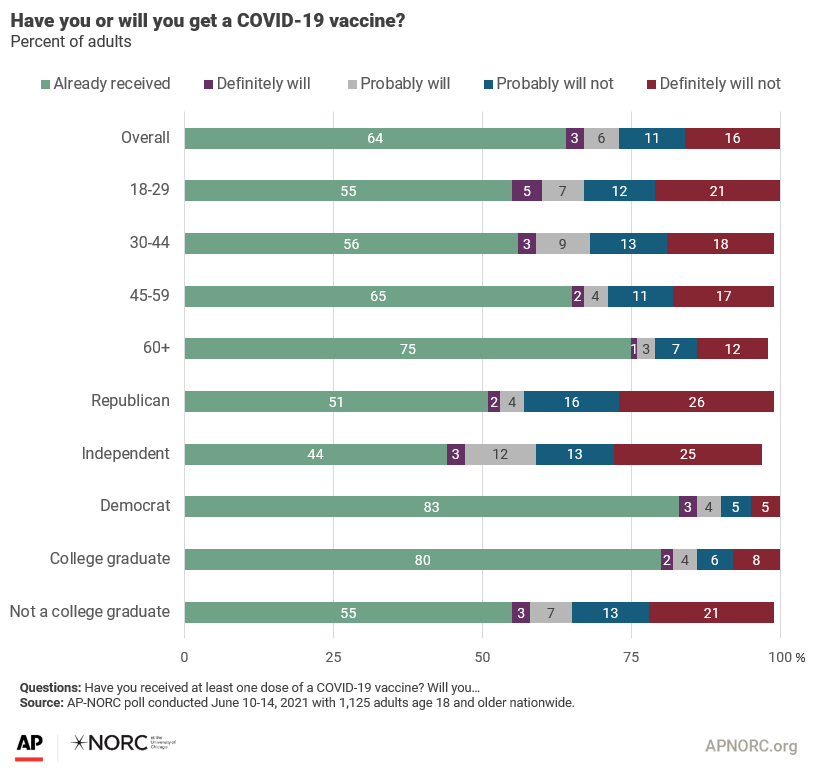
The nationwide poll was conducted June 10-14, 2021 using the AmeriSpeak® Panel, the probability-based panel of NORC at the University of Chicago. Online and telephone interviews using landlines and cell phones were conducted with 1,125 adults. The margin of sampling error is +/- 4.2 percentage points.
- Suggested Citation: AP-NORC Center for Public Affairs Research. (June, 2021).“Public is Relaxing its Pandemic Precautions.” [https://apnorc.org/projects/public-is-relaxing-its-pandemic-precautions]





